In financial planning, individuals consider fixed deposits a reliable opportunity to preserve and grow their savings. As these deposits mature, the question arises: Should you automatically renew your FD or opt for a manual renewal? Auto-renewal involves extending the deposit’s tenure automatically upon maturity, a convenience many financial institutions offer. This article highlights the significance of the auto-renewal of fixed deposits and the nuances of the automatic renewal feature. The decision to embrace auto-renewal involves a delicate balance of pros and cons.
On the one hand, it ensures a seamless continuation of your investment journey, harnessing the power of compounding interest and allowing you to focus on other financial endeavors.
However, auto-renewal might restrict you from capitalizing on emerging investment opportunities, and the ever-fluctuating interest rate landscape could change your earnings.
If you’re pondering the best choice for your investment, consider using a platform like Koshex. We provide customized financial solutions to steer you toward a future that’s both secure and prosperous. Sign up today!
What is Auto-Renewal of Fixed Deposits
Auto-renewal of fixed deposits ensures a seamless continuation of your investment journey without manual intervention. When a fixed deposit matures – it reaches the end of its predetermined tenure. Instead of withdrawing the funds, you can let the deposit renew automatically. This implies that the system reinvests the principal amount and the accrued interest for a new term.
Banks and financial institutions facilitate auto-renewal by offering this feature to deposit holders. When you opt for auto-renewal, the bank automatically reinvests the matured amount into a new fixed deposit, often at the prevailing interest rates. This offers a hassle-free way to continue your investment journey without the need for constant monitoring and manual intervention.
Auto-renewal presents an avenue for uninterrupted investment growth, and understanding its intricacies empowers you to make choices aligned with your financial well-being.
Pros of Auto-Renewal
It is essential to recognize the various advantages that come with the strategic approach of Auto-renewals. The following are the merits that make auto-renewal an attractive proposition:
1. Ensuring Continuous Investment
Auto-renewal ensures continuous investment. By automatically allowing your matured fixed deposit to roll over into a new term, you maintain an ongoing investment cycle without needing manual intervention. This ensures that your funds are consistently deployed in a productive financial instrument, paving the way for sustained growth.
2. Capitalizing On Compounding Interest
One of the most significant advantages of auto-renewal is the potential to harness the power of compounding interest. As the new term begins, reinvesting your interest along with the principal amount sets the stage for cumulative effects, potentially resulting in exponential growth over time. The impact of auto-renewal becomes more pronounced with extended periods of fund investment as you are leading to an amplification of your earnings.
3. Convenient & Hassle-Free
Opting for auto-renewal introduces ease that aligns with today’s fast-paced lifestyles. Instead of tracking maturity dates and initiating manual renewals, the bank takes charge of the renewal process. This hands-off approach frees you from administrative tasks, allowing you to focus on other financial priorities.
4. Streamlined Investment Process with Reduced Paperwork
One of the practical advantages of opting for auto-renewal in fixed deposits is the reduced paperwork and administrative hassles. This streamlined process simplifies your investment journey and allows you to enjoy the benefits of fixed deposits without the burden of manual renewal procedures.
Cons of Auto-Renewal of Fixed Deposits
While auto-renewal of fixed deposits offers undeniable advantages, it is vital to approach this strategy with a balanced perspective.
Here are the potential drawbacks associated with it:
1. Potential for Missed Opportunities
By letting your funds automatically renew into a new fixed deposit, you might limit yourself from exploring other avenues that offer higher returns or more aligned benefits to your financial goals.
2. Interest Rate Fluctuations
The landscape of interest rates is ever-evolving, and this reality directly impacts the returns you receive on your renewed fixed deposit. Auto-renewal means that you are locked into the prevailing interest rate at the time of renewal. If interest rates rise after your renewal, you might miss the chance to capitalize on more favorable rates.
3. Limited Flexibility
Auto-renewal of fixed deposits limits access to your funds during the renewed tenure. Unlike manually renewing and withdrawing funds at maturity, the automatic renewal path might restrict your liquidity options. This limited flexibility could prove challenging if unexpected financial needs arise.
4. Overlooking Maturity
With auto-renewals, there is a possibility of overlooking the maturity date of your fixed deposit. The convenience of automation might lead to forgetting about the renewal altogether. This oversight could have implications for your financial planning and the strategy you’ve set for your investments.
5. Impact on Financial Strategy
Auto-renewal might not align with shifts in your financial strategy or goals. As your financial priorities evolve, the terms and conditions of the auto-renewed fixed deposit may no longer match your objectives. Breaking the deposit prematurely could result in penalties or fees, disrupting your financial plans.
Also, read: Advantages and Disadvantages of Fixed Deposits
In Conclusion
Auto-renewal offers a path of continuous investment growth, allowing you to capitalize on the potential of compounding interest seamlessly. Reinvesting your interest earnings alongside the principal amount allows your money to work harder for you over time.
The convenience of auto-renewal might come at the expense of flexibility, potentially limiting your ability to access funds during the renewed tenure. Additionally, the dynamic nature of interest rates means that you could miss out on more favorable rates that emerge after the renewal of your fixed deposit.
Choosing to auto-renew your fixed deposits is a pivotal decision that can significantly shape your financial journey. By carefully evaluating the advantages and drawbacks discussed throughout this article, you can make an informed and strategic choice that aligns with your financial goals.
Platforms like Koshex offer tailored solutions that go beyond the traditional framework and provide a holistic approach to financial planning. Sign up with Koshex today!
Frequently Asked Questions (FAQs)
Q1. Is auto-renewal suitable for short-term financial goals?
Ans. Auto-renewal is generally better suited for long-term financial objectives, as it allows the power of compounding interest to work over time. For short-term goals, you might want to consider other options providing greater liquidity and flexibility.
Q2. Can I change my mind after opting for auto-renewal?
Ans. Yes, in many cases, financial institutions allow you to opt out of auto-renewal before the maturity of your fixed deposit. However, it’s crucial to be aware of the specific terms and conditions of your deposit agreement.
Q3. How do I keep track of auto-renewed fixed deposits?
Ans. Most banks provide notifications upon auto-renewal and updated deposit details. It’s a good practice to set reminders for yourself so you stay informed about the status of your investments and can make adjustments as needed.
Q4. What happens if I don’t opt out and my financial goals change?
Ans. If your financial goals change, and you don’t want to continue with auto-renewal, it is essential to opt out before the maturity date. Otherwise, the bank will renew your deposit for the same tenure, and you will need to wait until the next maturity date to make any changes.

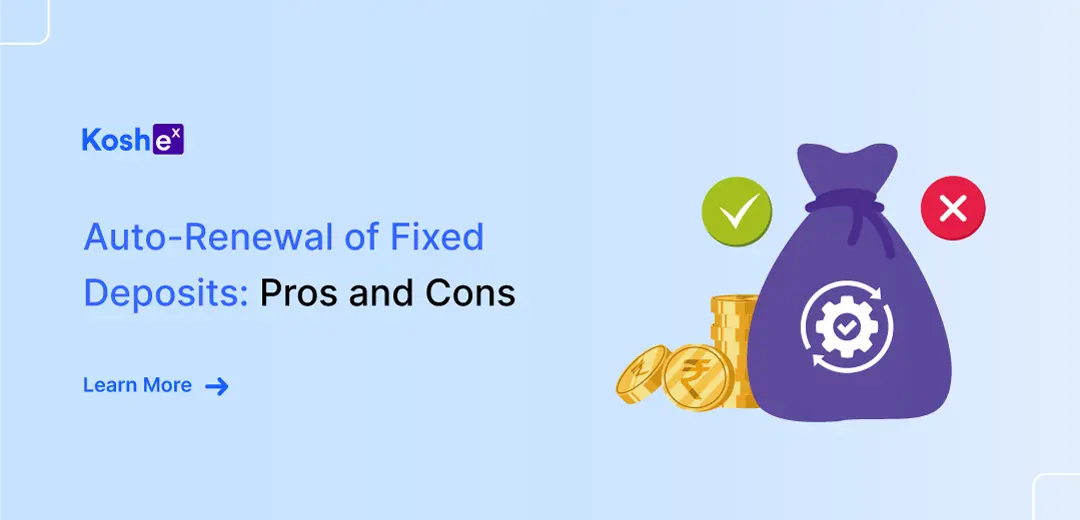
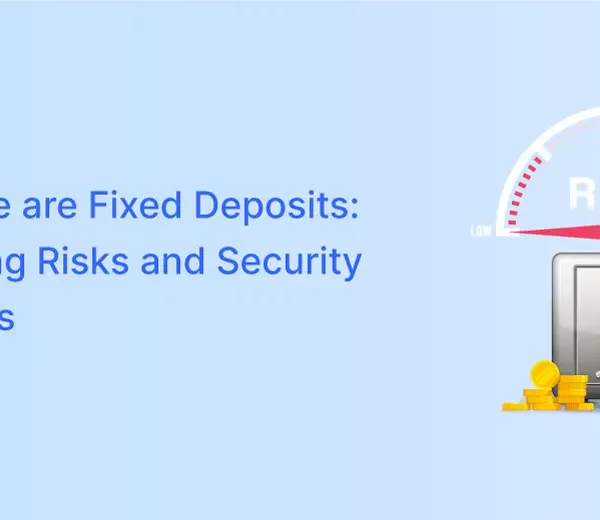
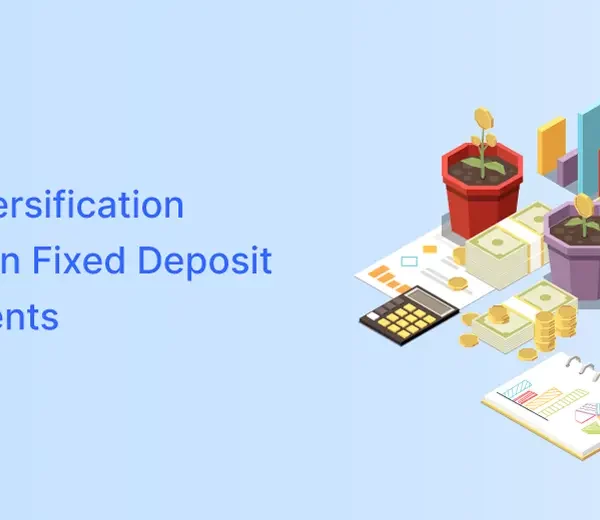

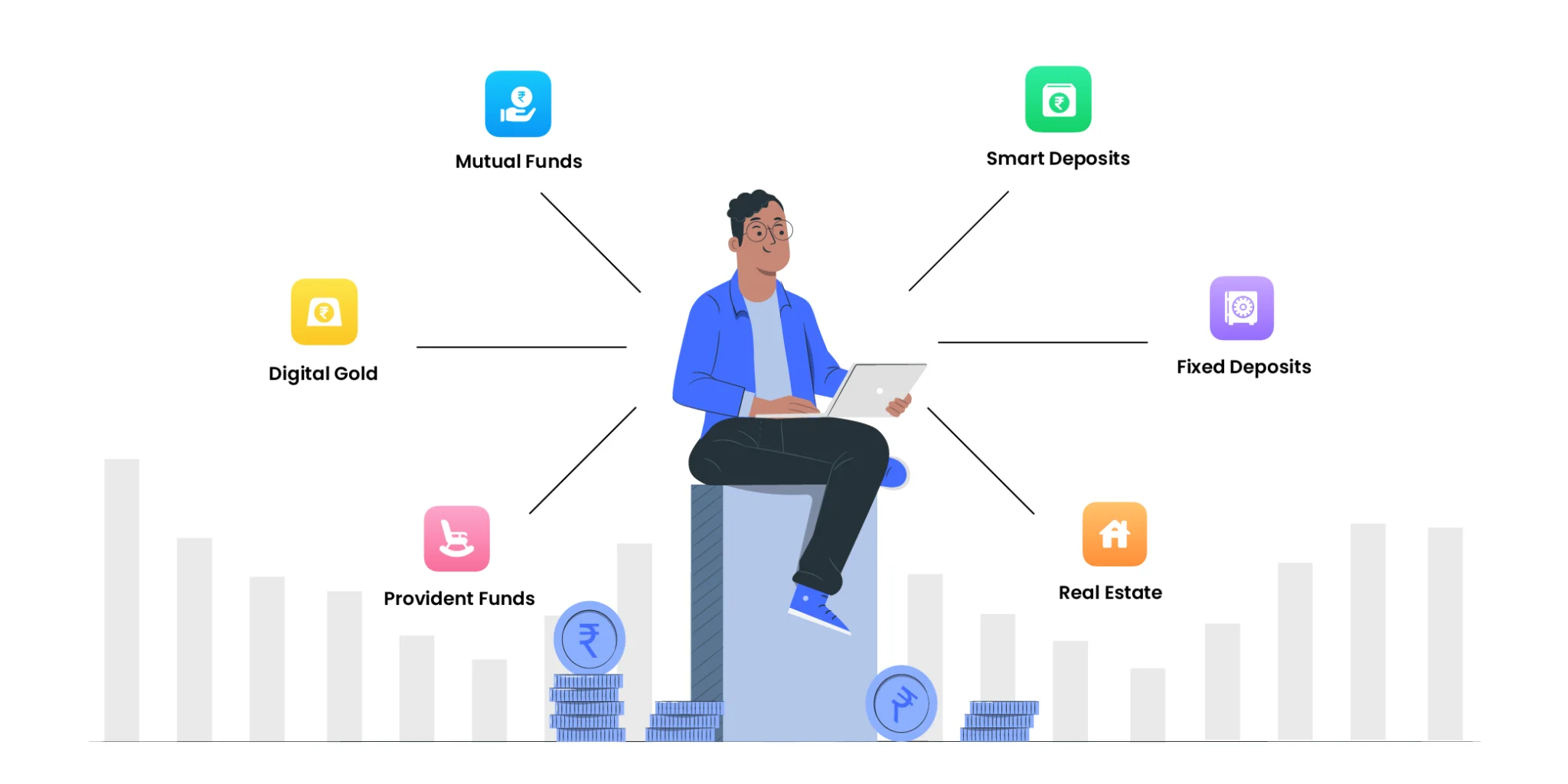
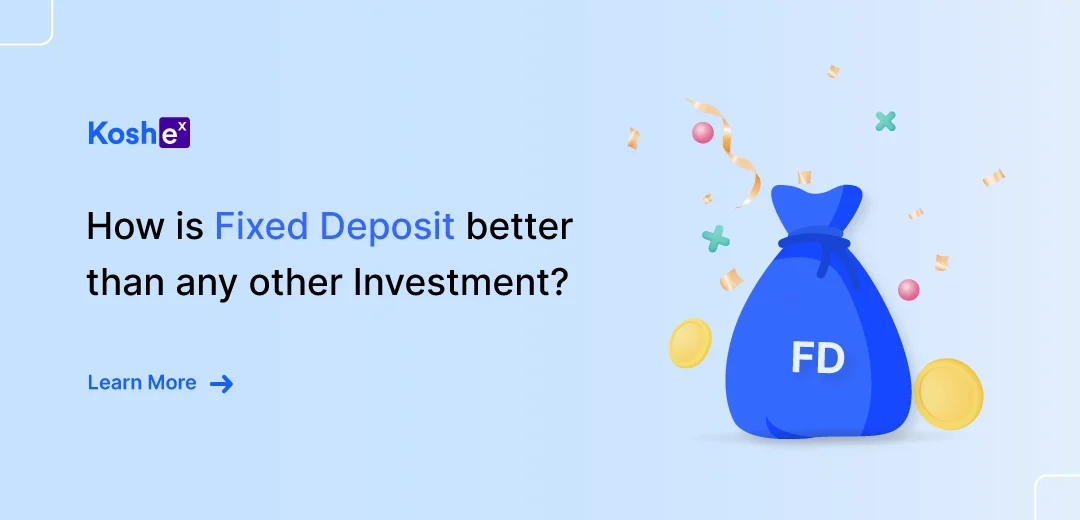


Leave a Comment